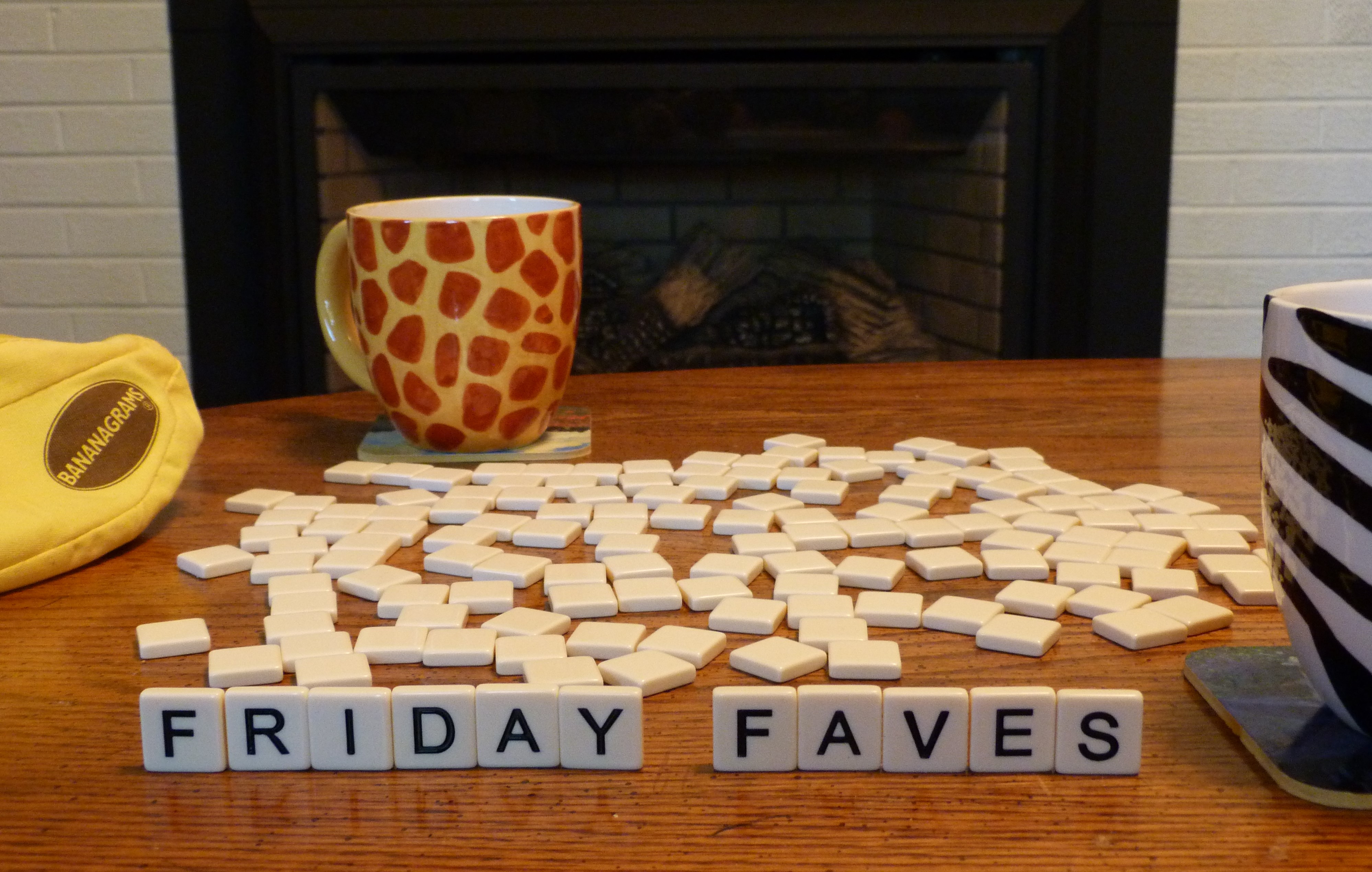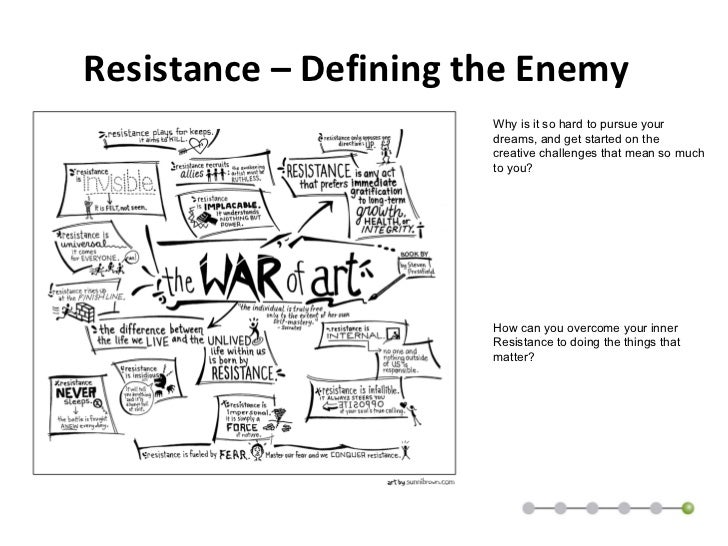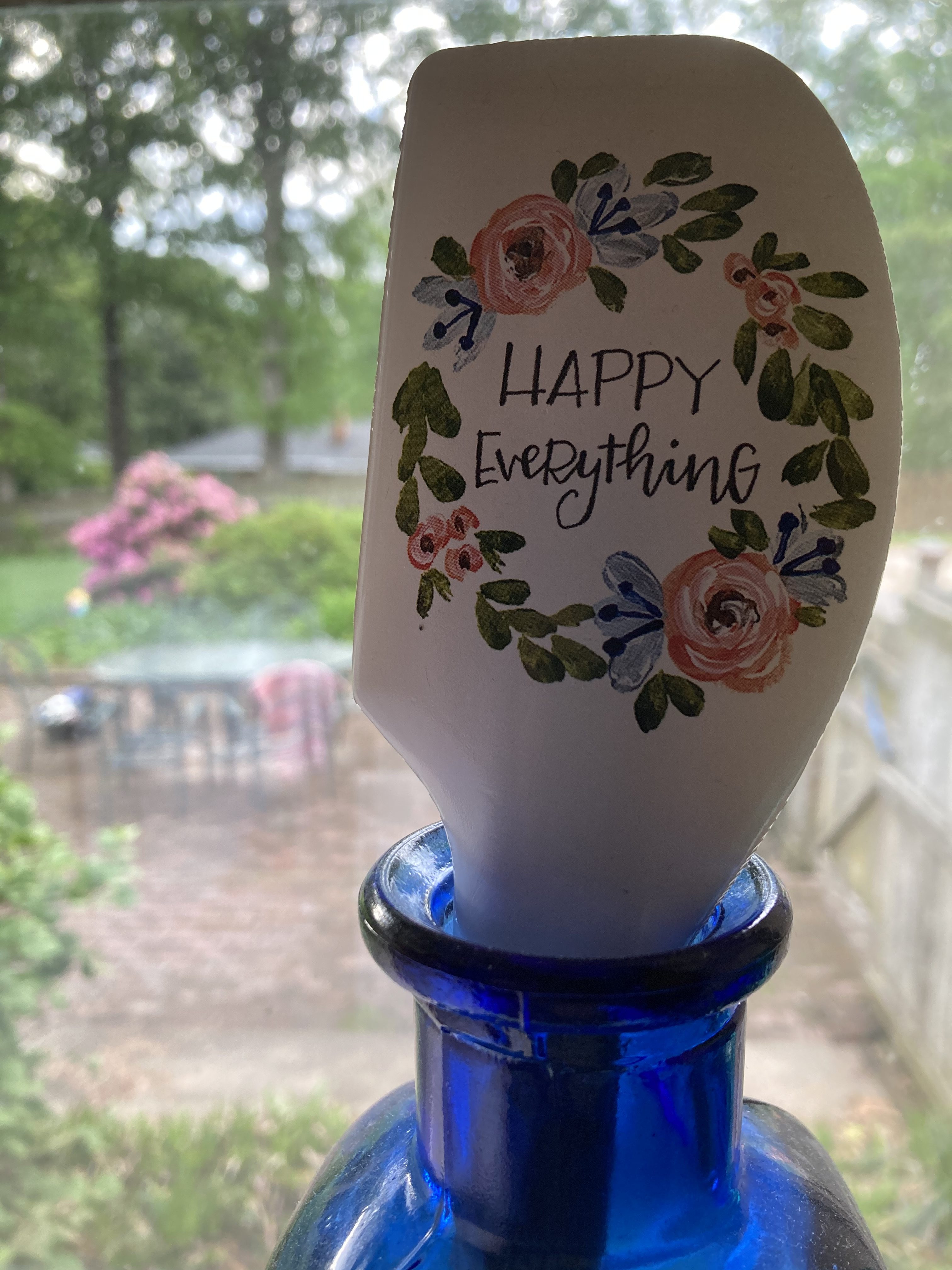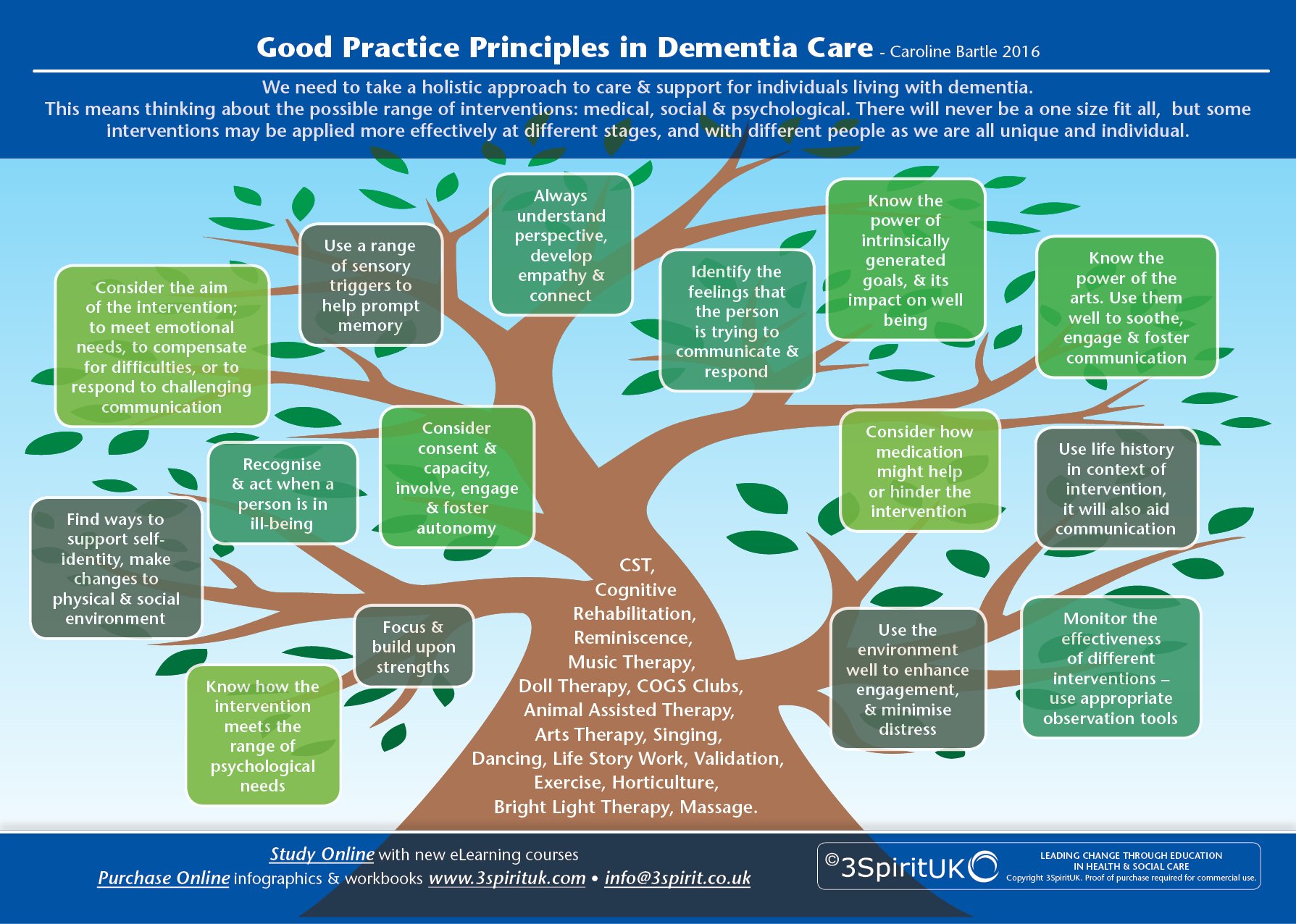Weekend! Here you go: my favorite finds of the week. One long and four super short. Hope you are encouraged!
1) Who Is Jesus? – If you read my posts, then you know The Chosen TV series has had a huge impact on my life recently. [You can find it here and on The Chosen app. Dave and I just finished Season 2, watching Episode 8 this weekend. The story of this episode is Jesus’ preparation of his Sermon on the Mount. It is a very intimate time, very critical turn in his public ministry. All his apostles, his mom, and some other close followers are featured in the episode, in deep relationship with Jesus. Then there are those who oppose or are watchful of his growing influence – the religious leaders of the day and the Roman military charged with keeping order…keeping the peace.
In this episode, the story shows dialog between Jesus and his apostle Matthew (again, not taking the place of Scripture, The Chosen writers repeat, but fleshing out what might have happened around the accounts found in Scripture). The Sermon on the Mount is found in full in the Gospel of Matthew and it would make sense he shared it with Matthew before he faced the crowds, for Matthew to capture it for all the rest of us who would read it…hear it in the years following.
If you know nothing about Jesus, you would discover him in his teaching in this sermon. Photo Credit: Press, The Chosen
Photo Credit: Press, The Chosen
Jesus knew this pivotal and powerful teaching would set in motion his becoming widely known…and what would come out of that – those who would love and follow him and those who would seek to destroy him. In this episode, he expressed to Matthew his desire for In the introduction to the sermon, also known as the Beatitudes, to be a “map…directions where people should look to find me”. Then as Jesus shares with Matthew “the blesseds” of the Beatitudes, we find those directions. Again, in the show, Jesus “If someone wants to find me, those are the groups they should look for”.
This may not make sense if you haven’t read Jesus’ words in the Beatitudes (you can find the scene on YouTube maybe, or read them here and be blessed by them).
 Photo Credit: Pref-Tech; Leadership Lessons from the Beatitudes
Photo Credit: Pref-Tech; Leadership Lessons from the Beatitudes
[The following section is from Marty Solomon’s piece “Blessed”]
Writer, theologian Dallas Willard “once suggested that the Beatitudes are, in fact, pronouncements of God’s blessing on all the people the world thinks are missing out. In essence, this would mean Jesus starts His teaching with pronouncements that look like the following:
God is for those who are spiritually bankrupt.
God’s favor in on those who mourn.
God is for those who are meek.
…the Beatitudes might be a list of pronouncements; Jesus might be announcing to the crowds — full of Jews, Gentiles, Herodians, Pharisees, and Romans alike — that God is for the ones they think He has abandoned.
Jesus will continue teaching that we would pray for those that persecute us and love our enemies…This Jewish rabbi is serious about loving people. So buckle up, because this ministry of Jesus is just getting started… – Marty Solomon
Willard and the Sermon on the Mount – Joe Skillen
Judas, Matthew, and the Sermon on the Mount – Kevin Keating
YouTube Video – The Most Beautiful Words That Jesus Ever Said – The Chosen (Behind the Scenes of Season 2, Episode 8)
There is so much to know and experience in the person of Jesus Christ. You will not be the same if you truly examine his life and teaching. In closing this, you’ll find a Facebook post below from a friend of mine on:
Who is Jesus?
[John 2]
A son
A brother
Part of a community
An attender of weddings
It’s no wonder that after He made a whip and drove the profiteers out of the temple, the Jews asked Him for a SIGN to show that He had the authority to do such a thing.
He answered, “Destroy this temple, and I will raise it up in three days.” They didn’t understand and thought He was talking about a building, but He was talking about His own body. He knew exactly what was going to happen to Him!
He didn’t come to be popular. He came to be a SIGN. He was THE SIGN they were asking for. He came to show us the character, nature, and heart of God. He came to make a God who is beyond understanding, someone we could see and touch and know.
Wow.
I REFLECT JESUS WHEN MY ACTIONS POINT TO GOD AND NOT TO MYSELF. – Marlo Huber Salamy
2) Procrastinators – This is a struggle for me. If you want to explore this more, there are tons of resources on the web and your public library on this topic. I just want to quickly post Tim Urban’s humorous and telling TED Talk (which I found this week) and a few thought-provoking quotes, links, and “actionable ideas”.
 Photo Credit: Pinterest, Bishop Rosie O’Neal
Photo Credit: Pinterest, Bishop Rosie O’Neal
 Photo Credit: Flickr
Photo Credit: Flickr
Why Procrastinators Procrastinate – Tim Urban
5 Things Tim Urban Taught Me About Procrastination – Andrew McDonald
 Photo Credit: Flickr
Photo Credit: Flickr
3) The Silent To-Do List – In last week’s Friday Faves, I mention Dawn of The Minimal Mom. She really got me thinking more about decluttering again. Her manner is much more gentle and humane than other writers and bloggers so I’m going with her. In some of her videos, she mentions “the silent to-do list” that accompanies clutter.
Stress and the Silent To-Do List
She attributes this phrase to the Japanese author Fumio Sasaki who writes on minimalism. In his book Goodbye, Things, he writes about how the stuff in his life was causing him stress because it was as if all the clutter was calling out to him for attention, putting themselves on his to-do list. I actually get that. Stuff management can put a weight on us. Even if we’re doing nothing to deal with the clutter, it is there, beckoning to us with memories and the need to either store away or attend to something derived from the memory. A weight.
Here’s an example. I’m a photographer. Even in the digital age, pictures accumulate. Every time I go to and from bed, there’s a picture of a beloved aunt and cousin whom I haven’t seen in years. It’s being “left out” for a reason. I want to be back in touch with them but it might require a hard conversation. Something painful happened in our family years ago, and although it wasn’t between us, it could be the reason we have not stayed in touch. I don’t know for sure. This picture has become part of my silent to-do list. Sigh…
I’m not ready to embrace minimalism, but it is something I’m continuing to think about…and moving [ever so] slowly toward.
 Photo Credit: The Heart’s Way Imagery and Insights
Photo Credit: The Heart’s Way Imagery and Insights
Goodbye, Things Quotes from Goodreads
4) Forgiving What You Can’t Forget, etc. – OK…here’s a quick one. In the US, kids are starting back to school and change is in the air. Along with that, it seems a myriad of online studies are popping up. Three below are Bible studies. I’m in the middle of a quick study with Levi Lusko on “Winning Your Inner Battles”, then this coming week will tackle the Francis Chan study on Until Unity as well as Lysa Terkeurst‘s “Forgiving What You Can’t Forget”. The latter two are a few weeks long, and I’m ready for some stretching in the Word.
 Photo Credit: Facebook, Lysa Terkeurst
Photo Credit: Facebook, Lysa Terkeurst
What are you doing to grow these days? Please comment below any studies (any…we are life-long learners here, right?) we might enjoy as well.
5) Summer – Just some images from this week to close. All taken on a day out and about, celebrating our anniversary. Hope you’re having a sweet summer (and for you in the Southern Hemisphere, a gentle winter). Beauty abounds.
Thanks for stopping by. It means so much to me. Blessings!











 Photo Credit:
Photo Credit: 



























 Photo Credit:
Photo Credit: 


























